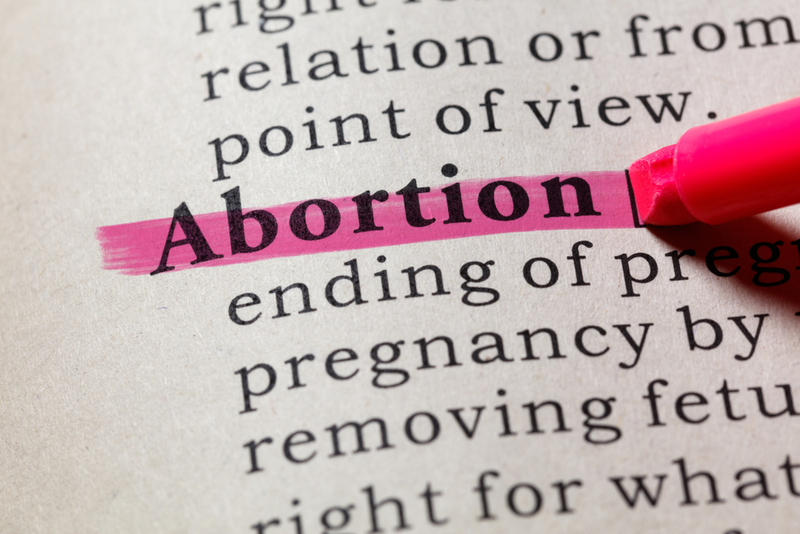South Korea overturns abortion ban after 66 yrs
IANS Apr 12, 2019
South Korea's Constitutional Court ruled on April 11 as "unconstitutional" a 66-year-old law that made abortion a crime punishable by up to two years in prison, calling for its amendment in a landmark decision that signals a major change in various aspects of society.

The nine-justice panel made the ruling in a 7-2 vote, in response to a 2017 complaint filed by an obstetrician standing trial for performing multiple abortions. A vote of two-thirds is required to reverse a ruling, Yonhap news agency reported.
Under the 1953 ban, women who procured abortions could be fined and imprisoned, except in cases of rape, incest or risk to their health. Doctors who perform the procedure can also face jail. The court on Thursday called for a legislative change to partially allow the termination in the early stage of pregnancy and ordered that the law must be revised by the end of 2020.
It ruled that it was against the Constitution to punish physicians for carrying out the procedure. "(The current law) limits the pregnant woman's right to choose freely, which is against the principle that infringements on a person's rights must be kept to a minimum," the court said.
It also deemed it unfair to give more weight to the value of protecting a foetus's life, when it violates the woman's rights. Ahead of the court ruling, rights groups for and against abortion held a series of rallies in front of the courthouse in Seoul to voice their opinions.
A pro-choice group, Safe Abortion, called for a reversal in the ruling, saying that women should be allowed to make decisions about their own lives and bodies. Another liberal group said that women were not "tools to produce babies". Opposing groups also gathered to protest against repealing the anti-abortion law. Holding pickets that read "Abortion is murder", and "Who has the right to kill life?" they called for the court to retain the previous decision.
Pro-choice activists celebrated after the decision while anti-abortion campaigners were left in tears, according to the BBC. The broadcaster reported that the push for the ban to be lifted came from a burgeoning movement fighting for women's rights in South Korea. Campaigners who favoured an end to the ban said it was part of a broader bias against women in the country.
The court decision also comes at a time when South Korea is struggling to cope with a low birth-rate. South Korea's fertility rate, or the average number of children a woman is expected to have in her life, stood at 0.98 in 2018, the lowest among the Organisation for Economic Co-operation and Development (OECD) nations.
-
Exclusive Write-ups & Webinars by KOLs
-
Daily Quiz by specialty
-
Paid Market Research Surveys
-
Case discussions, News & Journals' summaries